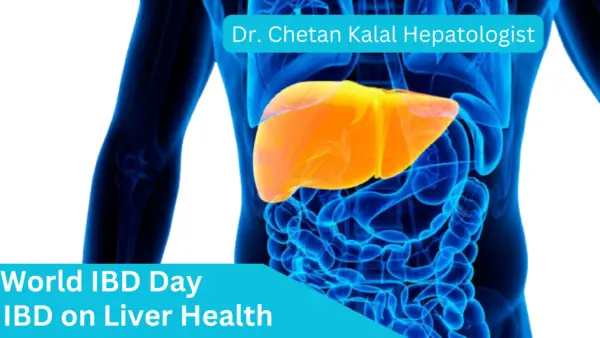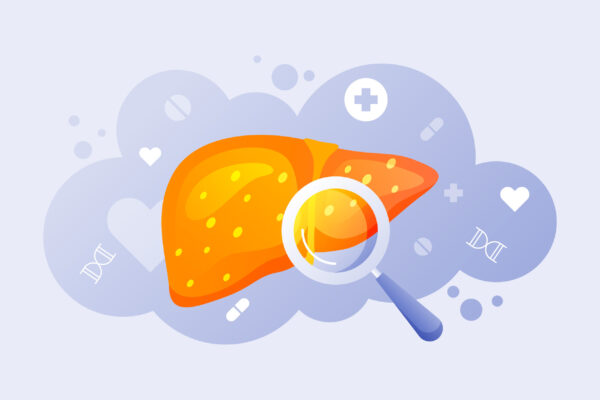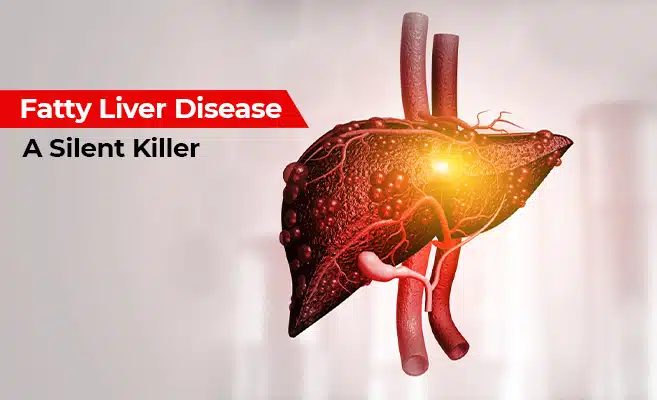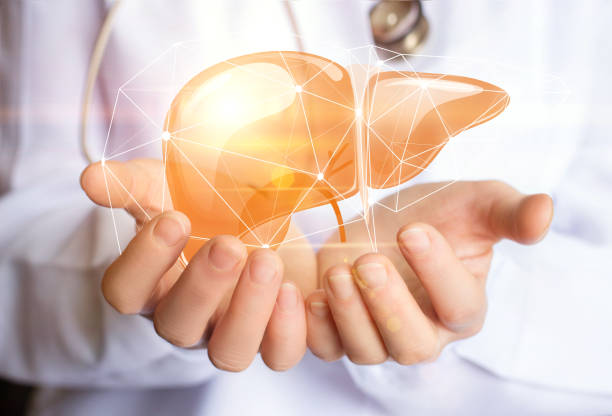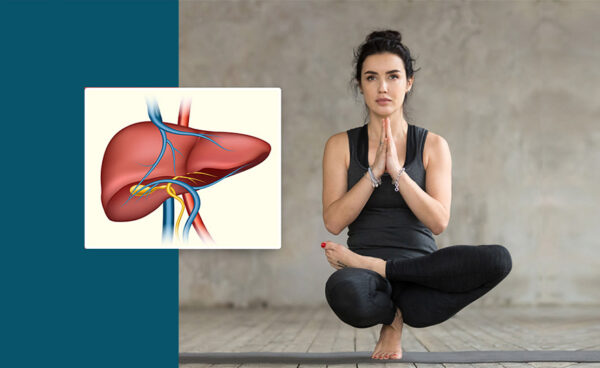The Importance of Vitamin D for Liver Health
The liver is an essential organ in the human body that performs many crucial functions, including filtering toxins, processing nutrients, and producing bile. It’s crucial to maintain liver health to prevent liver disease and ensure proper body function. One way to support liver health is by ensuring that the body receives adequate levels of vitamin D. Vitamin D is a fat-soluble vitamin that helps the body absorb calcium and phosphorus. It’s commonly known as the “sunshine vitamin” because the body can produce it when the skin is exposed to sunlight. Vitamin D also plays an essential role in immune function, bone health, and cell growth and differentiation. The Role of Vitamin D in Liver Health Vitamin D receptors are present in many tissues throughout the body, including the liver. The liver plays a vital role in vitamin D metabolism, converting vitamin D into an active form that the body can use. Vitamin D deficiency has been linked to several liver diseases, including non-alcoholic fatty liver disease (NAFLD), hepatitis B and C, and liver cancer. NAFLD is the most common liver disease, affecting over 25% of the global population. It’s a condition in which excess fat accumulates in the liver, leading to inflammation and liver damage. Studies have shown that vitamin D deficiency is prevalent in patients with NAFLD, and low vitamin D levels are associated with more severe liver disease. Hepatitis B and C are viral infections that can cause liver damage and lead to chronic liver disease. Vitamin D deficiency has been linked to the progression of hepatitis B and C and may increase the risk of liver cancer in patients with these infections. Sources of Vitamin D The body can produce vitamin D when the skin is exposed to sunlight, but many factors can affect this process, such as the time of day, location, and skin pigmentation. Therefore, it’s essential to ensure that the body receives adequate levels of vitamin D from dietary sources. Fatty fish, such as salmon, tuna, and mackerel, are excellent sources of vitamin D. Other dietary sources include egg yolks, cheese, and fortified foods such as milk, cereal, and orange juice. Vitamin D supplements are also available and can be an effective way to ensure adequate vitamin D intake. How Much Vitamin D Do You Need? The recommended daily intake of vitamin D varies depending on age, gender, and other factors. The National Institutes of Health recommends a daily intake of 600-800 IU (international units) of vitamin D for most adults. However, some individuals may require higher doses of vitamin D, such as those with malabsorption disorders or limited sun exposure. Vitamin D and Liver Health: The Bottom Line Vitamin D is an essential nutrient that plays a crucial role in liver health. Adequate vitamin D intake may help prevent and manage liver diseases such as NAFLD, hepatitis B and C, and liver cancer. It’s important to ensure that the body receives adequate levels of vitamin D through dietary sources or supplements to support overall liver health and function. If you’re concerned about your vitamin D levels or liver health, talk to your healthcare provider. They can recommend appropriate testing and treatment options to help ensure that your body receives the nutrients it needs to function optimally.
The Importance of Vitamin D for Liver Health Read More »


